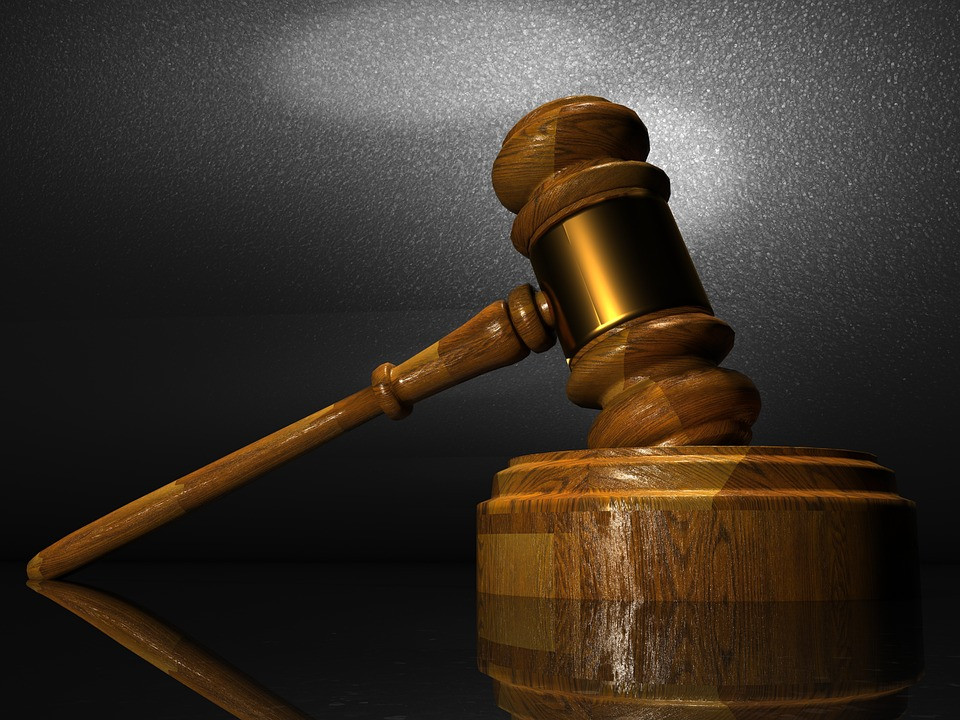
Q: Dad is 90 and now in the hospital. He is mentally sharp but has blood tests that suggest kidney failure may occur. The doctor talked with him about a “do not resuscitate” order, and then talked it out with family as well. Any guidance on this? What if dad cannot make the decision?
W.C., Tustin
Ron Sokol
A: A do-not-resuscitate order is an important, but often very difficult, decision to make. We want to live, but if keeping us alive means taking steps that prolong our life even though we are left with no quality of life, then what? Hence, the doctor should explain carefully and clearly what is meant by “do not resuscitate,” and you should ask questions if any clarification is needed.
Research indicates that common resuscitation methods can include chest compressions, breathing tubes to open the airway and electric shock to restart the heart. The DNR is a medical order written by the doctor that instructs health care providers not to perform cardiopulmonary resuscitation if a patient’s breathing stops or if the patient’s heart stops beating. Years ago, the DNR was a physician-led decision, but that has changed.
If your dad is (or becomes) unable to competently make the decision, then I hope he at least has an “advance health care directive” in place. The hospital (and the doctor) will no doubt inquire about this form. The health care directive allows the patient, while still competent, to provide instructions about their health care and, if the patient so chooses, to name a designated person to make health care decisions on their behalf. The basics of the health care directive can be found online by typing “California Probate Code Section 4701” in the web browser. It is very important (and helpful to loved ones) to have that form in place.
Q: What is the difference between a “power of attorney” and an advanced health care directive? I ask because we are having a will and trust put together, and these are forms we are hearing about.
L.S., Rancho Palos Verdes
A: In California, there is a uniform statutory form for power of attorney that can be found online at Probate Code Section 4401. The power of attorney provides a person of your choosing with the authority to handle various business- and money-related tasks on your behalf. These include real property transactions, banking and other financial matters as well; Social Security and Medicare benefits; or matters dealing with military service, tax items and business operations. You can limit or expand the authority in specific ways. You also can appoint more than one person, but you want to be clear who has what authority, or if the designees are to act jointly.
The advanced health care directive, referenced at the first question and answer above, is focused on decisions about your health care. Note that you can name an alternate person if the individual selected by you is unable or unwilling to act. Decisions range from consenting to or refusing certain care or services, approving or disapproving diagnostic tests, and selecting or discharging health care providers and facilities.
Having each of these forms in place is advisable, particularly if you are not competent to act on your own behalf. It is a matter of common sense.
Just as you are taking steps to determine what your will and/or trust will provide, these forms can be of real assistance to loved ones (and, in turn, to you) as time progresses and you want someone else to handle various matters, or you no longer are in a position to make various decisions yourself.
Ron Sokol has been a practicing attorney for over 40 years, and has also served many times as a judge pro tem, mediator, and arbitrator. It is important to keep in mind that this column presents a summary of the law, and is not to be treated or considered legal advice, let alone a substitute for actual consultation with a qualified professional.
Related Articles
Can a restaurant legally refuse to serve someone? Ask the lawyer
After a verdict, can the judge jail me right away? Ask the lawyer
The bank only has to for pay for 60 days of stolen funds? Ask the lawyer
Can I be forced to testify? Ask the lawyer
Is civility part of the legal system? Ask the lawyer
